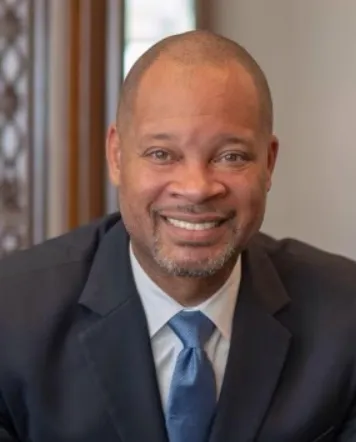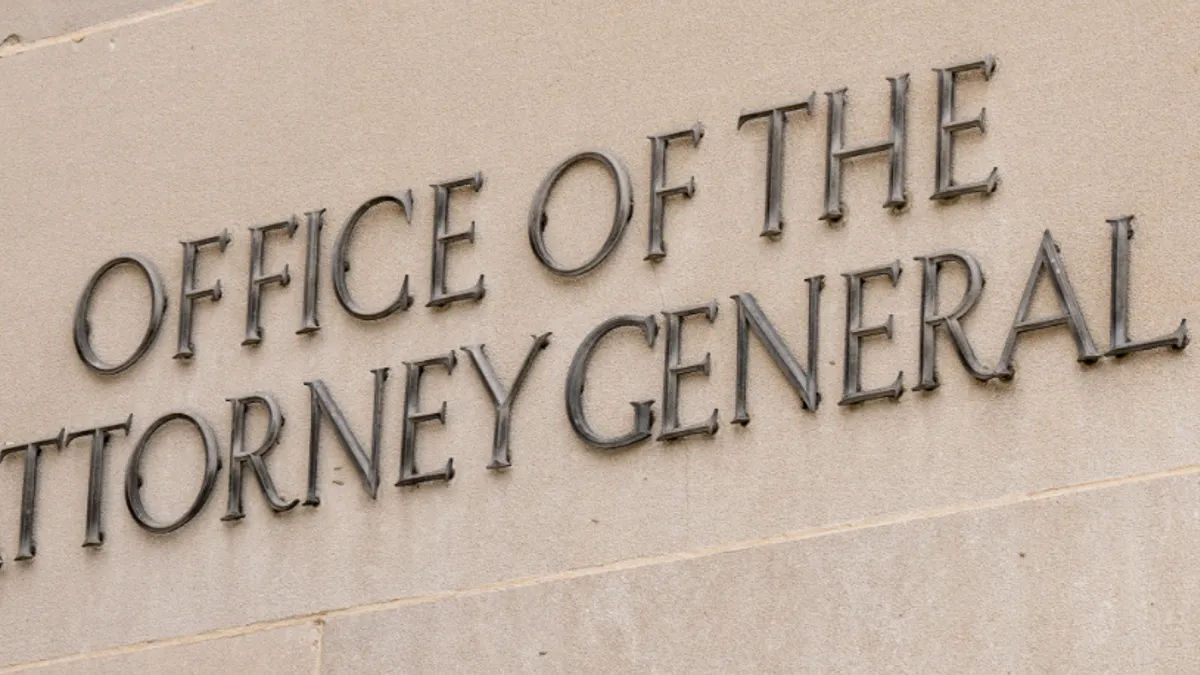Companies that come clean about making mistakes will find an attorney general that’s ready to deal in Nevada.
“The first question I always ask is, what does justice look like in this situation?” Nevada Attorney General Aaron Ford said in a Troutman Pepper podcast.
If the circumstances are right, justice looks like an agreement in which the company acknowledges what’s gone wrong and makes a good-faith effort to remedy the problem.
“I don’t mind giving people the benefit of the doubt,” said Ford, a former majority leader of the Nevada Senate who won election to the AG office in 2019. “Was this a one-off at this organization or is this a prevailing form of interaction that folks do? That informs what we talk about.”
Cooperative approach
During the pandemic, he tried to separate bad actors from those who were simply misinformed after his office received complaints about the way residential real estate companies were implementing the state’s eviction moratorium.

“My team would reach out … and say we’re getting reports about XYZ and the law says ABC,” he said. “Their response may be, ‘My apologies; I didn’t realize it.’ Ignorance of the law is no excuse, but we do recognize that some people just don’t know. Certainly during COVID, when things were so fluid, you had to be responsive in that same fashion. So, sometimes we didn’t have to enforce – just have a talk and they were able to rectify the situation.”
Ford said he’s prepared to litigate in the case of bad actors, but if companies make a good-faith effort to do the right thing, once they learn of problems, his preference is to work with them through their counsel to resolve matters without taking an adversarial approach.
“If you’re a bad guy we’re going to get you,” he said, but “I’m a realist. Litigation and confrontation don’t always lend themselves to my [preferred] answer. My [preferred] answer is, it’s contrition. It’s an apology. It’s some effort to address the issue without me having to take you all the way to court.”
A circuit court judge for whom he used to clerk would often ask adversarial parties to share one point the other side has made about them that they can acknowledge. The exercise helped the parties bridge their differences and work more productively to find common ground.
“The judge would ask people, what’s the one thing the other side has said about you that you can acknowledge?” he said. “What’s the best argument that you have agreement on? What part of this is true?”
Exoneration and compensation
Law enforcement admitting mistakes is just as much a part of justice as going after bad actors, he said.
“Sometimes justice means exoneration and compensation,” he said. “It doesn’t always manifest itself in an arrest and conviction. The justice system is made up of people and people are fallible. Justice means recognizing the fallibility of our system.”
Ford said he’s been on panels that have exonerated and compensated defendants half a dozen times.
“That’s part of justice, too,” he said.











